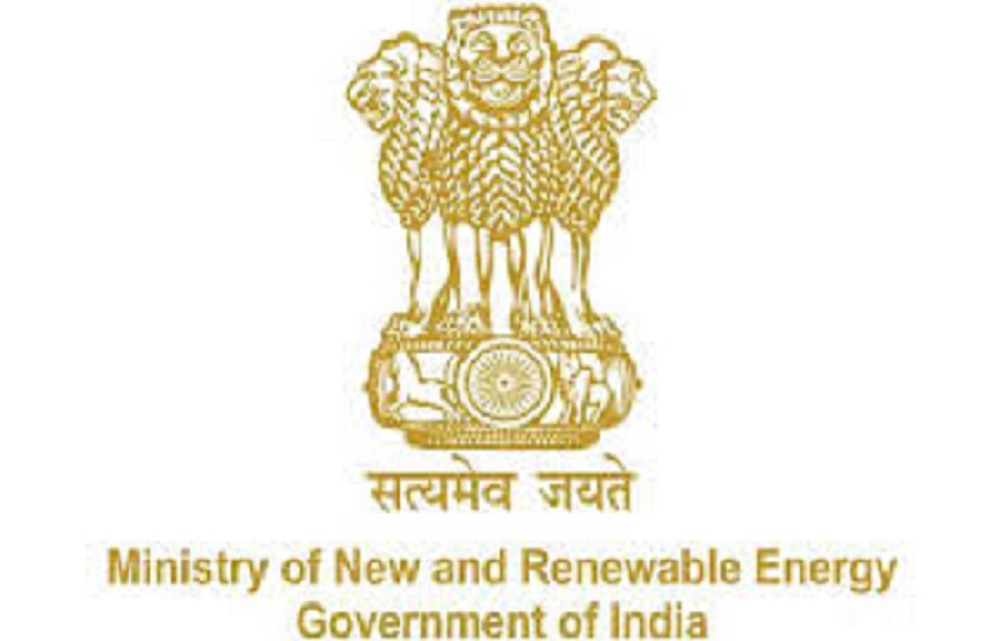India faced heat from the WTO for encouraging the domestic manufacture of solar panels and for introducing a DCR policy under its National Solar Mission.
As a consequence of the WTO rulings, India complied with its recommendations. This, however, did not stop the U.S. in December 2017, from dragging India back to the DSB for non-compliance. According to the U.S., India has not complied with the ruling; however, it has no evidence to support this claim, said the WTO.
India argues fiercely that it has complied with the recommendations. In light of the ongoing battle, the MNRE has released a statement clarifying its policy. The statement explicitly says that no new projects will be required to use domestic equipment under developer mode, meaning projects installed by solar developers. It also says that before tendering projects with DCR, the ministry must be informed.
The statement goes on to say that stakeholders are further directed to refer to various guidelines under the different schemes being implemented by the MNRE and the National Solar Mission, and under power purchase agreements (PPAs).
With regards to PPAs specifically, it says solar developers are obliged to maintain annual capacity utilization factors, and that there is, as such, no clause to mandate the replacement of solar cells/modules in projects executed under DCR with solar cells/modules from the domestic market. Thus, the projects that are already being executed can utilize domestic content.
However, it would be up to solar developers to replace defective solar cells/modules on the basis of open competition.
Finally, the MNRE clarified that this applies to all future projects implemented under the National Solar Mission and to all PPA’s that have already been executed, that may be executed in the future, or that are in the process of finalization.
The MNRE has taken several steps to protect and encourage domestic manufacturers, such as imposing safeguard and anti-dumping duties.
This content is protected by copyright and may not be reused. If you want to cooperate with us and would like to reuse some of our content, please contact: editors@pv-magazine.com.








By submitting this form you agree to pv magazine using your data for the purposes of publishing your comment.
Your personal data will only be disclosed or otherwise transmitted to third parties for the purposes of spam filtering or if this is necessary for technical maintenance of the website. Any other transfer to third parties will not take place unless this is justified on the basis of applicable data protection regulations or if pv magazine is legally obliged to do so.
You may revoke this consent at any time with effect for the future, in which case your personal data will be deleted immediately. Otherwise, your data will be deleted if pv magazine has processed your request or the purpose of data storage is fulfilled.
Further information on data privacy can be found in our Data Protection Policy.